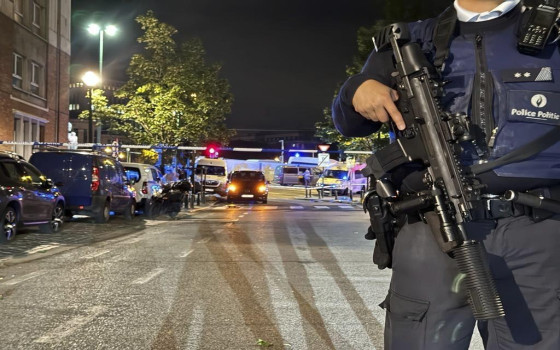
Belgium: Proposals to Deploy Army to Provide Security Around Embassies, Ports, and Prisons and Combat Drug Crime

- Europe and Arabs
- Tuesday , 9 September 2025 12:14 PM GMT
Brussels: Europe and the Arabs
Interior Minister Bernard Quentin and Defense Minister Theo Francken have proposed deploying the army in Brussels, and possibly other cities, in the hope of combating drug violence. Although this move would have been politically sensitive ten years ago, before terrorist attacks and the deployment of military personnel, the coalition partners in the government responded positively to the idea. Quentin and Francken intend to present their plan to the cabinet soon.
However, former General Marc Thys, the former head of the army, does not support the federal government's plan to deploy soldiers to combat drug violence. "It could backfire," Thys told the "Die Afspraak" program on the Canvas website.
However, former General Marc Thys, who was the second-in-command of the Belgian army and commander of the territorial unit, does not believe it is a good idea. "It's just a symbolic policy," he explained on "Die Afspraak." The situation in the capital today is nothing compared to the situation in 2016. Back then, the army was deployed to combat the terrorist threat. Deploying the army against drug criminals is a completely different matter. It sends a message, but it could end very badly.
“I’m almost certain that the army will be tested by drug criminals,” Theis explains. “I fear a major shooting incident, with civilian casualties. I’m worried about that.”
Theis says the army is not allowed to intervene without authorization, even if they witness a drug deal on the street, for example. “That’s the police’s prerogative,” he adds. “The only thing the army is allowed to do is defend themselves.”
Along with lawyer Walter Damen, Theis also referred to the appeal of Julien Moynel, the Brussels public prosecutor, who has repeatedly requested more resources for the public prosecutor’s office and the police in the “war on drugs.” “Sending soldiers on patrol won’t solve the problem of drug crime,” Theis said. “Prosecutors’ offices also need to be strengthened and the prison system ensured. It’s a whole series of measures that have been neglected for decades. We need to reorganize them.” According to the Belgian daily newspaper Newsblad, which added that during a Brussels City Council meeting on Monday evening, Brussels Mayor Philippe Close (PS) supported the deployment of soldiers to strategic locations such as the Port of Antwerp, Haren Prison, and embassies. He believes that strengthening security at these locations is necessary given the growing threat and its impact on safety in Brussels neighborhoods.
Close answered questions from City Council members Alain Godfrein and Mourad Mimouni about crime perceptions and the allocation of police resources. He confirmed that most crimes in Brussels, such as burglary, pickpocketing, and bicycle theft, decreased between 2024 and 2025. Only physical violence on the street and drug offenses saw a slight increase.
The mayor praised the Brussels Public Prosecutor's Office for its decisiveness. "We are fortunate to have a proactive prosecutor," Close said. "Since January, around 5,000 suspects have been referred to the Public Prosecutor's Office in the six police districts." He pointed to the close cooperation between the police and the judiciary, which he believes has led to the decrease in crime. However, the mayor sees a direct link between drug trafficking in the port of Antwerp and the problems in Brussels' neighborhoods. He stated, "Most of the cocaine entering Europe passes through Antwerp. There is chaos there, with port workers, customs officers, and their families under threat." Close is therefore calling for a military presence to restore order.
He also believes security around Haren prison needs to be strengthened. Contraband, such as drugs and phones, is regularly brought in via drones and rubber bands. The city council is preparing to install a second fence to enhance security.


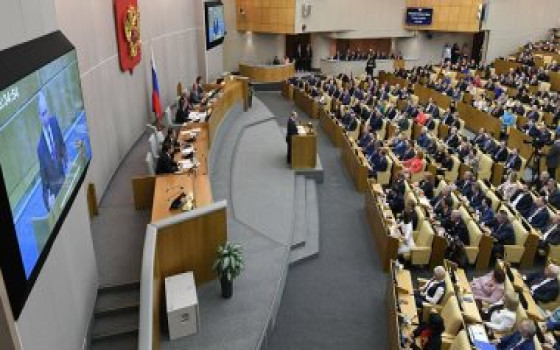

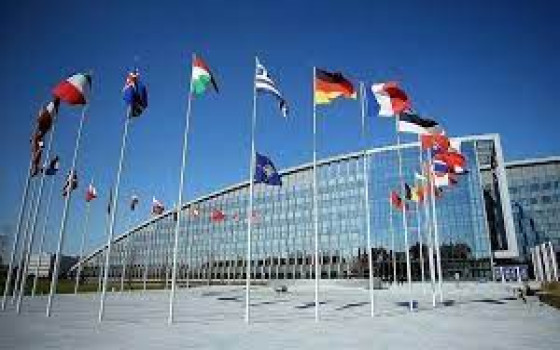
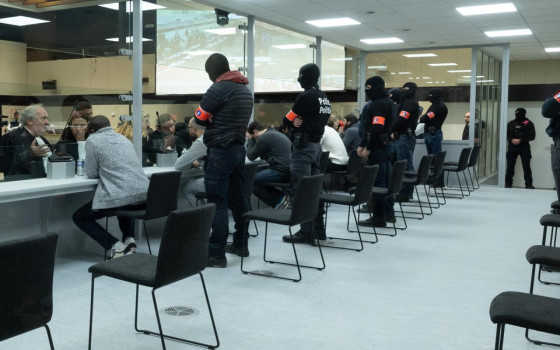
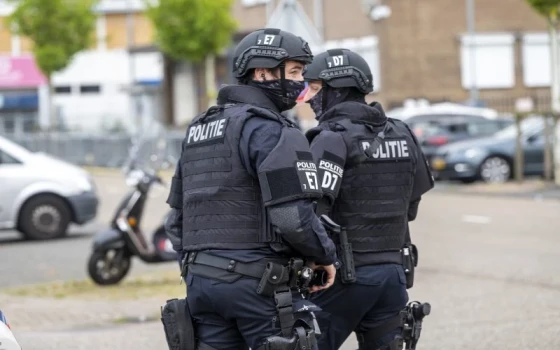
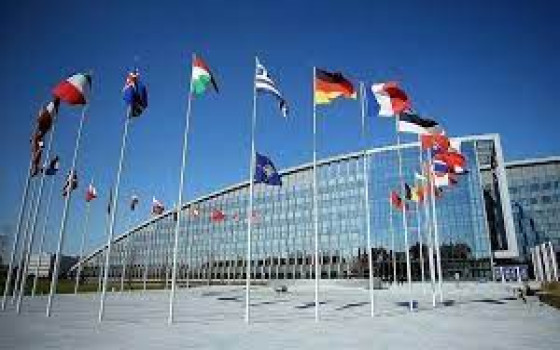
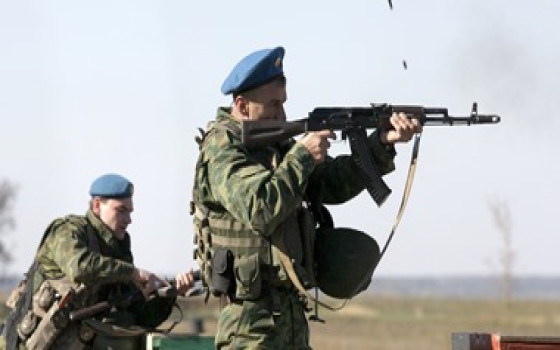
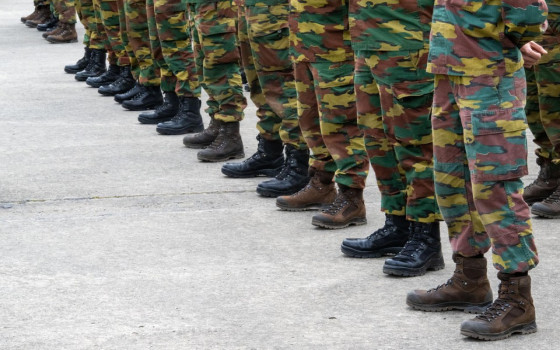

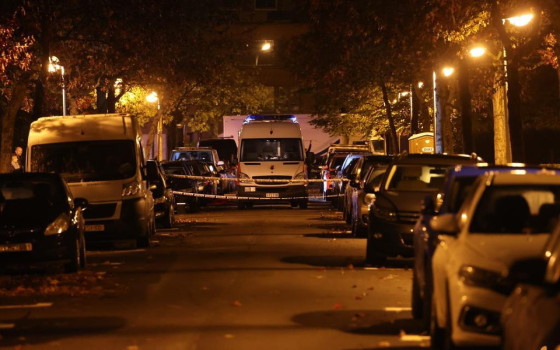
No Comments Found